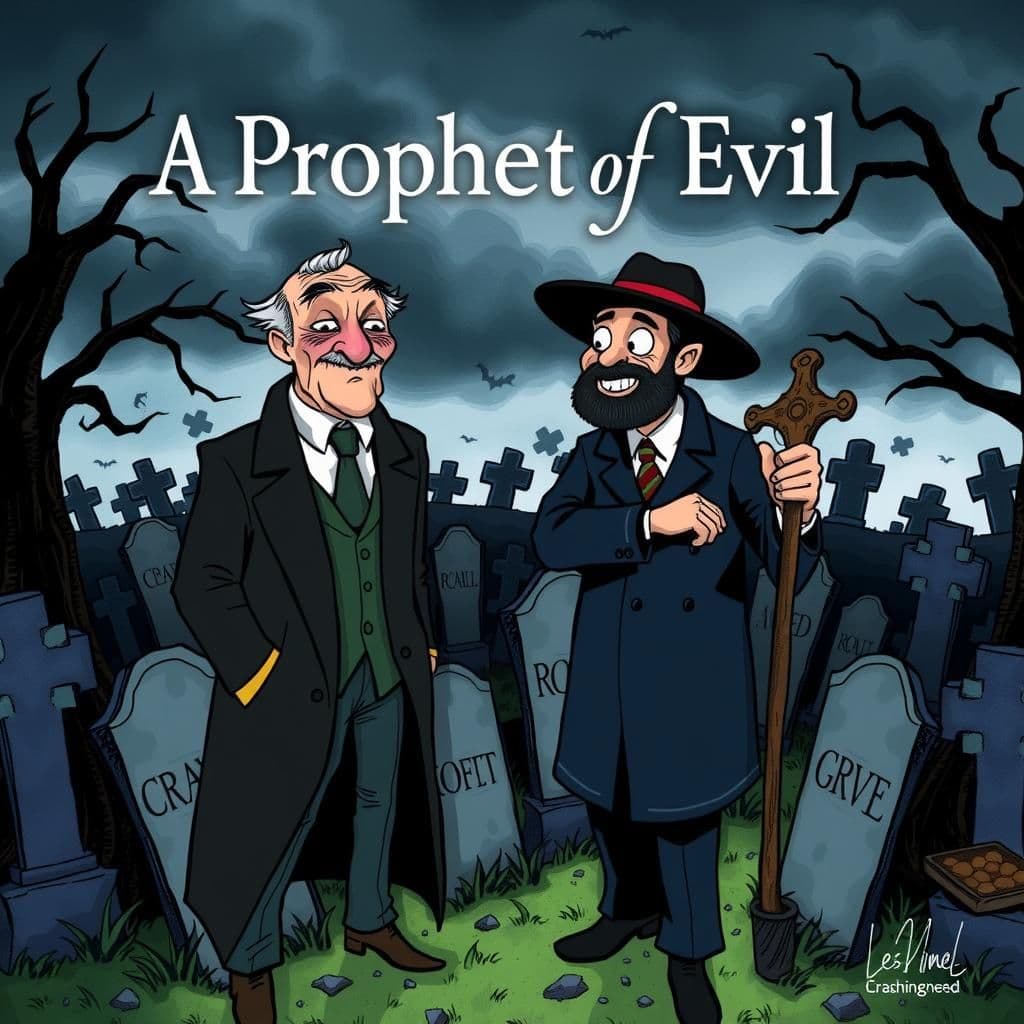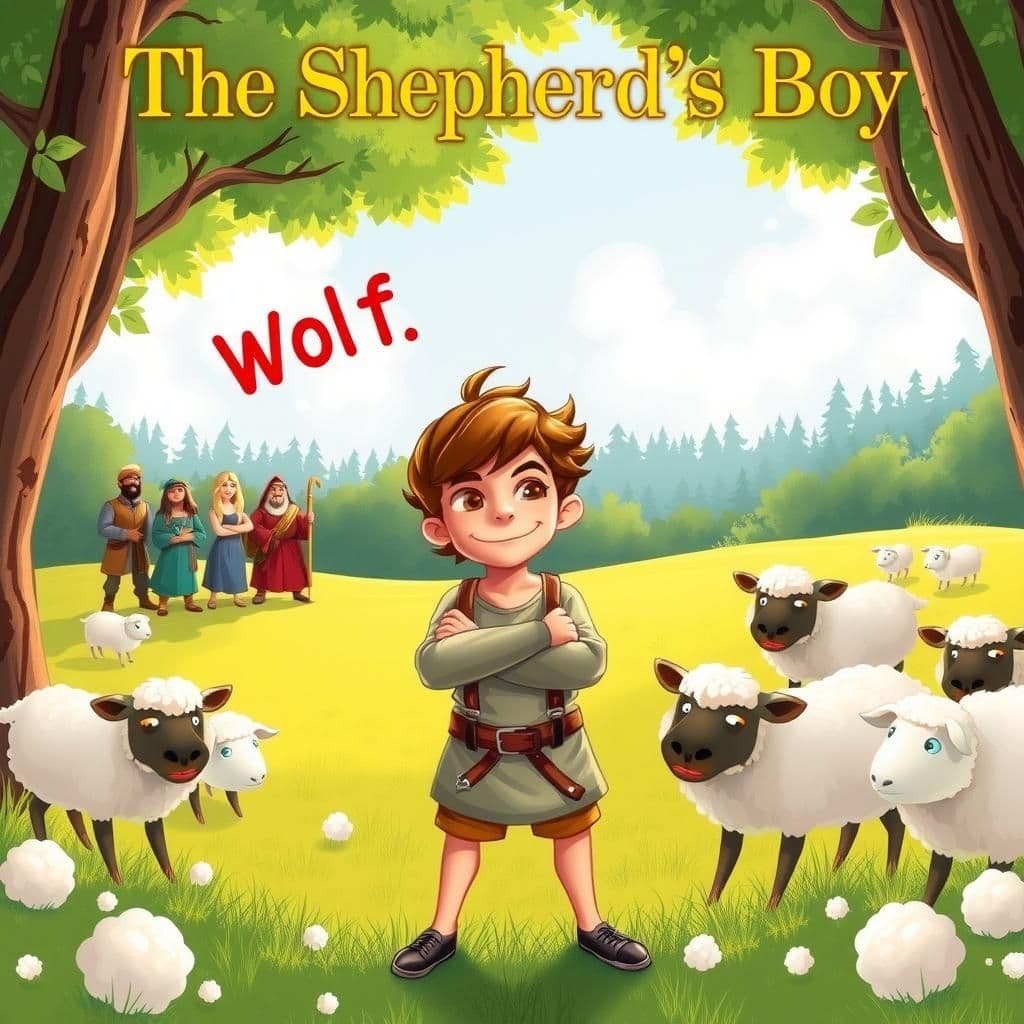The Crow and the Serpent
In "The Crow and the Serpent," a timeless moral story, a hungry crow mistakenly believes he has found a fortunate meal in a sleeping serpent. However, the serpent's fatal bite leads to the crow's demise, teaching a valuable lesson about the dangers of greed and misjudgment. This meaningful tale serves as a reminder that what appears to be a lucky opportunity can sometimes be a source of destruction in real-life stories with moral significance.

Reveal Moral
"Be cautious of what appears to be a fortunate opportunity, as it may lead to your downfall."
You May Also Like

A Prophet of Evil
In "A Prophet of Evil," an undertaker encounters a gravedigger who reveals that his union, the Gravediggers' National Extortion Society, is limiting the number of graves to increase profits. The undertaker warns that if people cannot secure graves, they may stop dying altogether, which could have dire consequences for civilization. This engaging moral tale highlights the absurdities of prioritizing profit over essential human needs, making it a thought-provoking addition to the realm of life-changing stories with moral lessons.

The Shepherd's Boy
In this fable story with moral, a lonely young Shepherd Boy tricks the villagers twice by falsely shouting "Wolf" to gain their attention. When a real Wolf appears and threatens his sheep, the villagers ignore his cries, believing he is lying again, leading to a loss of his flock. This unique moral story teaches young readers that a liar will not be believed, even when telling the truth, emphasizing the importance of honesty in real-life stories with moral lessons.

The Crow and the Sheep
In the very short moral story "The Crow and the Sheep," a troublesome crow humorously bullies a sheep by riding on its back, showcasing her tendency to target the weak while avoiding stronger animals. The sheep points out that such behavior would not be tolerated by a dog, but the crow justifies her actions, claiming they help her survive. This easy small story with moral lessons highlights the importance of recognizing true strength and the consequences of bullying.